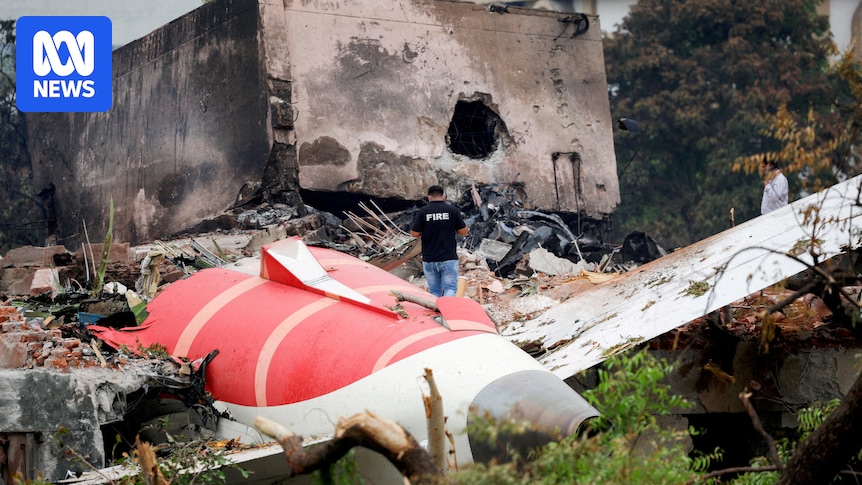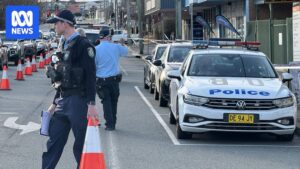
India’s Supreme Court has declared that a preliminary report on the tragic Air India crash, which claimed 260 lives in June, does not imply any wrongdoing by the pilot. This announcement comes as the court prepares to hear a plea for an independent investigation into the incident.
The interim report, released earlier this year, noted that the aircraft’s fuel engine switches had almost simultaneously flipped from the “run” to “cut-off” position shortly after take-off. However, the court emphasized that this finding does not point to pilot error.
Call for Independent Investigation
The plea for a thorough probe is spearheaded by 91-year-old Pushkar Raj Sabharwal, the father of the pilot, Sumeet Sabharwal. He is advocating for an investigation conducted by a panel of aviation experts, expressing dissatisfaction with the current government-led inquiry.
Sabharwal’s call for an independent investigation follows a visit from two officials of India’s Aircraft Accident Investigation Bureau, who allegedly suggested that his son might have intentionally cut the fuel to the plane’s engine. The government has firmly denied these allegations, describing the investigation as “very clean” and “very thorough.”
Details of the Interim Report
The interim report, overseen by a retired Supreme Court judge, detailed the technical anomaly involving the plane’s fuel engine switches. The switches’ unexpected transition from “run” to “cut-off” shortly after take-off is a focal point of the investigation.
In response to the report, Air India’s CEO, Campbell Wilson, made his first public comments on the accident, acknowledging the airline’s challenging year ahead. The Tata Group-owned carrier has been under intense scrutiny following the crash, facing criticisms for lapses such as operating planes without checking emergency equipment, failing to replace engine parts timely, and issues related to crew fatigue management.
“We’re always looking at how we can keep improving,” CEO Campbell Wilson stated. “This year will be quite challenging from a business perspective … We’re also working with the investigators.”
Implications for Air India
The Air India crash has cast a spotlight on the airline’s operational practices, prompting a broader examination of safety protocols and regulatory compliance. The airline’s commitment to addressing these issues is critical as it navigates the aftermath of the tragedy.
The Tata Group’s acquisition of Air India has been marked by efforts to revitalize the airline, but the crash presents significant obstacles. The focus now shifts to implementing robust safety measures and restoring public confidence in the airline’s operations.
Looking Ahead
The Supreme Court is set to hear Pushkar Raj Sabharwal’s plea for an independent investigation on November 10. This hearing could potentially reshape the course of the inquiry and provide new insights into the crash’s causes.
As the investigation continues, stakeholders within India’s aviation sector are closely monitoring developments. The outcome of the court’s decision and any subsequent investigations will likely have far-reaching implications for aviation safety standards and practices in the country.
Meanwhile, Air India remains committed to cooperating with investigators and addressing the operational challenges highlighted by the crash. The airline’s ability to adapt and improve its safety protocols will be crucial in navigating this turbulent period.





